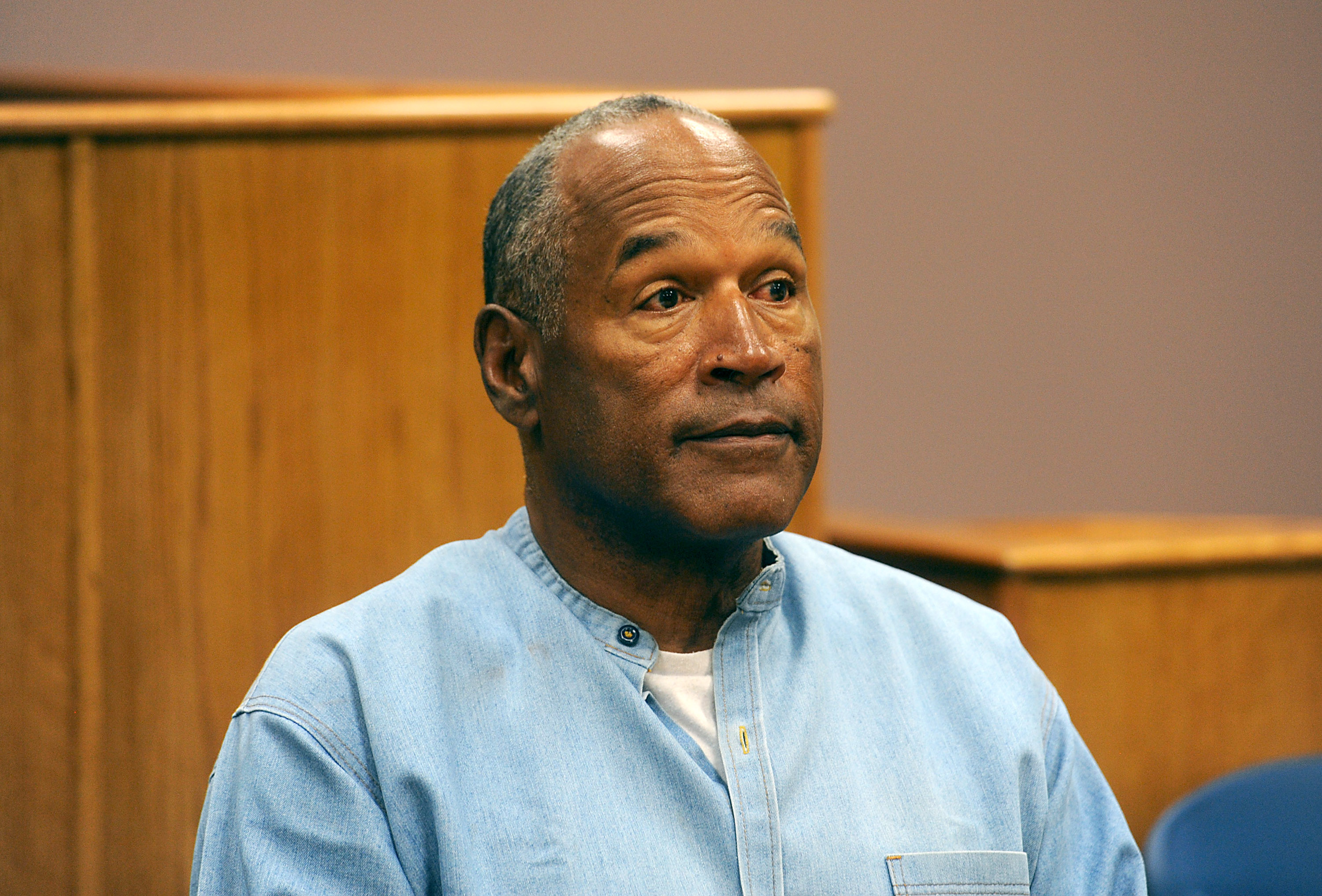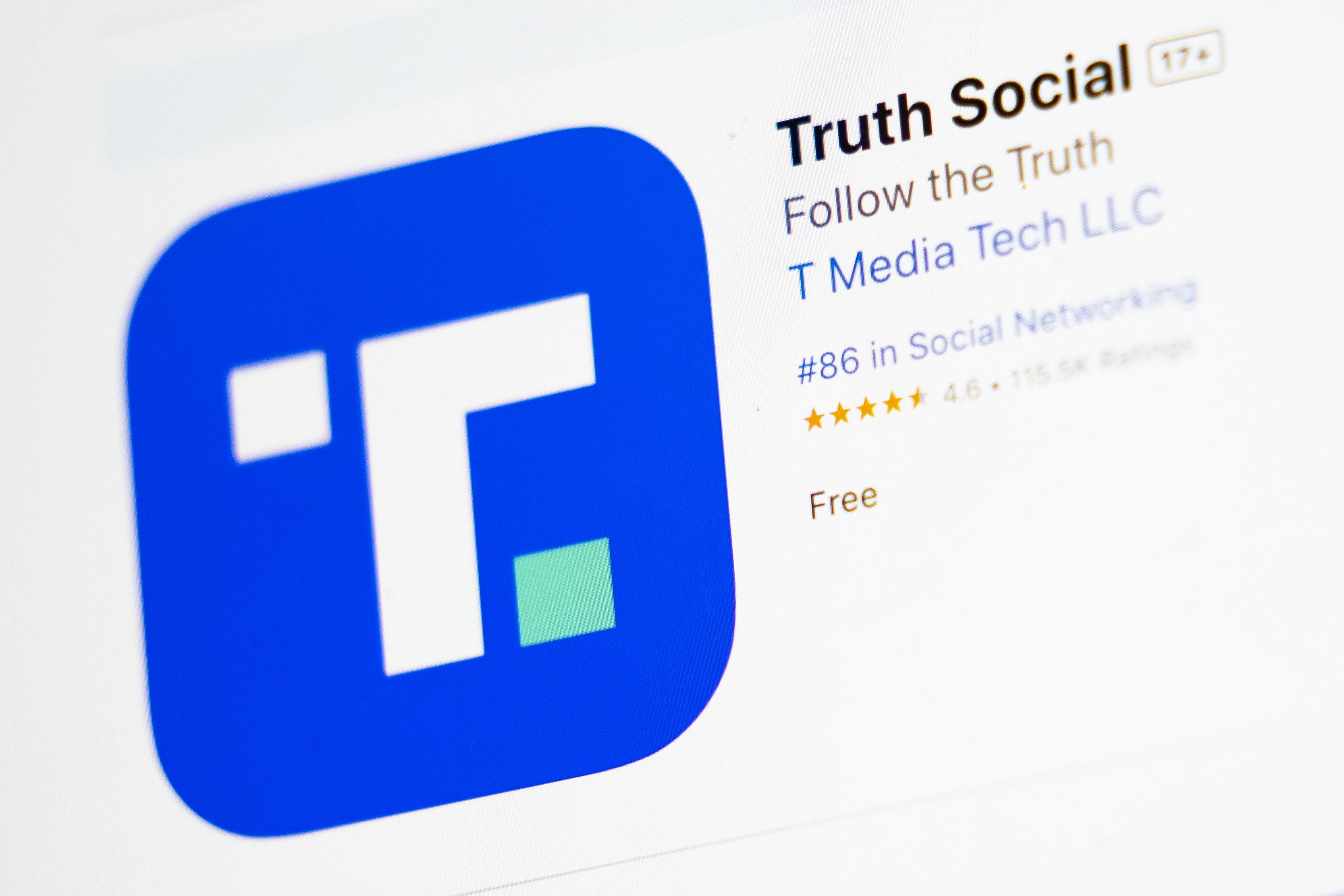What to Know
- Microdosing is described as taking an imperceptible dose of an illegal psychedelic drug, typically LSD, MDMA or magic mushrooms
- In the past three years, Google searches for the term “microdosing” have tripled, and books and articles on the subject are exploding
- Users swear by it but Dr. David Nichols, a leading psychedelic researcher, says he thinks microdosing is a bad idea
In the past three years, Google searches for the term “microdosing” have tripled, and books and articles on the subject are exploding.
Microdosing is described as taking an imperceptible dose of an illegal psychedelic drug, typically LSD, MDMA or Psilocybin, more commonly known as magic mushrooms. It’s a fraction – roughly a tenth -- of a full hallucinogenic dose that would cause a high.
"It’s just been a constant upward trend, constantly on the rise," said a drug dealer who spoke with News 4 New York's I-Team on the condition of anonymity.
The dealer creates "microdoses" by taking psilocybin or "magic" mushrooms, grinding them to a powder and pressing them into pills that are a fraction of a full hallucinogenic dose. He said that it’s a growing group of people turning to street drugs and that they are looking for anything but a high.
"They don’t take it to get high, they take it to get effective," he said.
The dealer refused to say exactly how much money he has made capitalizing on this trend but said his client base has grown to about 100 people in the metro area.
U.S. & World
Stories that affect your life across the U.S. and around the world.
One man who takes microdoses described what he called a transformative experience: "I wanted to do so many things, I wanted to go to so many places, started painting, started drawing that day, read a ton, it just made me want to be the most productive version of myself."
The man asked to hide his identity because microdosing is illegal.
Some take it for other reasons. He said he has struggled with depression and anxiety, but said he knows people in a variety of industries that are practicing microdosing to "better themselves and better their careers."
He himself uses small amounts of psychedelics at work: "Pieces of the puzzles that I need to figure out connect a lot quicker. I’ve gotten a couple mentions on my overall demeanor, people have told me that it’s dramatically improved my personality," he said, all because of his intermittent use of mushrooms.
The microdosing dealer said, “There are some people that I deliver to that are in the music industry, then there’s doctors as well, and students that use it in lieu of Adderall and things like that. People in the finance industry.”
Dr. David Nichols is an adjunct professor at the University of North Carolina and the founding president of the Heffter Research Institute. He is one of the world’s most respected psychedelic researchers and has been studying these drugs for decades.
"My thought on microdosing is that it’s a bad idea," he said.
"I think it’s important for people to recognize that these psychedelics are not these dangerous drugs that they might have heard about, but as far as medical implications it looks like they can treat things that we can’t treat now," he said.
Johns Hopkins, NYU and other institutions are studying the potential of psychedelic drugs to treat things from obsessive compulsive disorder to PTSD. The FDA has recently given breakthrough therapy designation to one study that is looking at psychedelics as a treatment for treatment-resistant depression.
Those studies are looking at full hallucinogenic doses.
"There have not been any long-term studies where people have taken a psychedelic every day or daily over a long period of time, and even though the doses are small, we don’t really know there might be changed in your endocrine system, your hormonal levels we don’t know any of that," said Nichols.
But "it’s really an important medication, and we need to draw the distinction between that and it being a recreational drug," Nichols added.
Johns Hopkins has recently recommended the DEA reschedule psilocybin mushrooms, pending the results of clinical trials, from a Schedule I or dangerous drug, down to a Schedule IV drug, one with low potential for abuse.
Colorado and Oregon have considered legalization of psilocybin mushrooms. Currently any psychedelic substances in any amount are illegal.
Both the drug dealer and working professional the I-Team spoke with said they are acutely aware that what they’re doing is against the law.
"I live in a paranoid state of mind all the time," said the dealer. "I’m definitely worried about getting caught."
And its potential implications, according to the user: "I would likely be fired."



